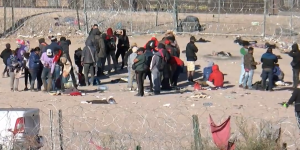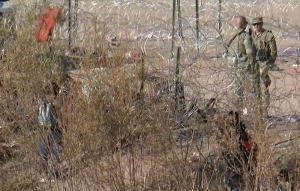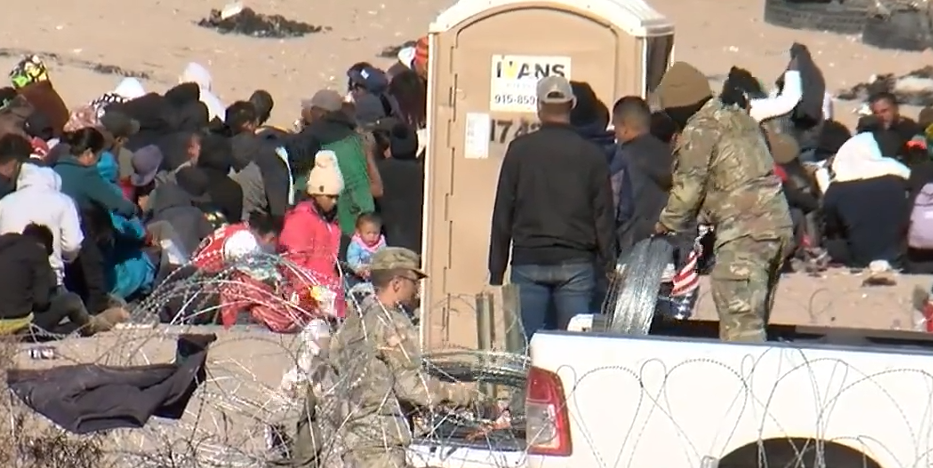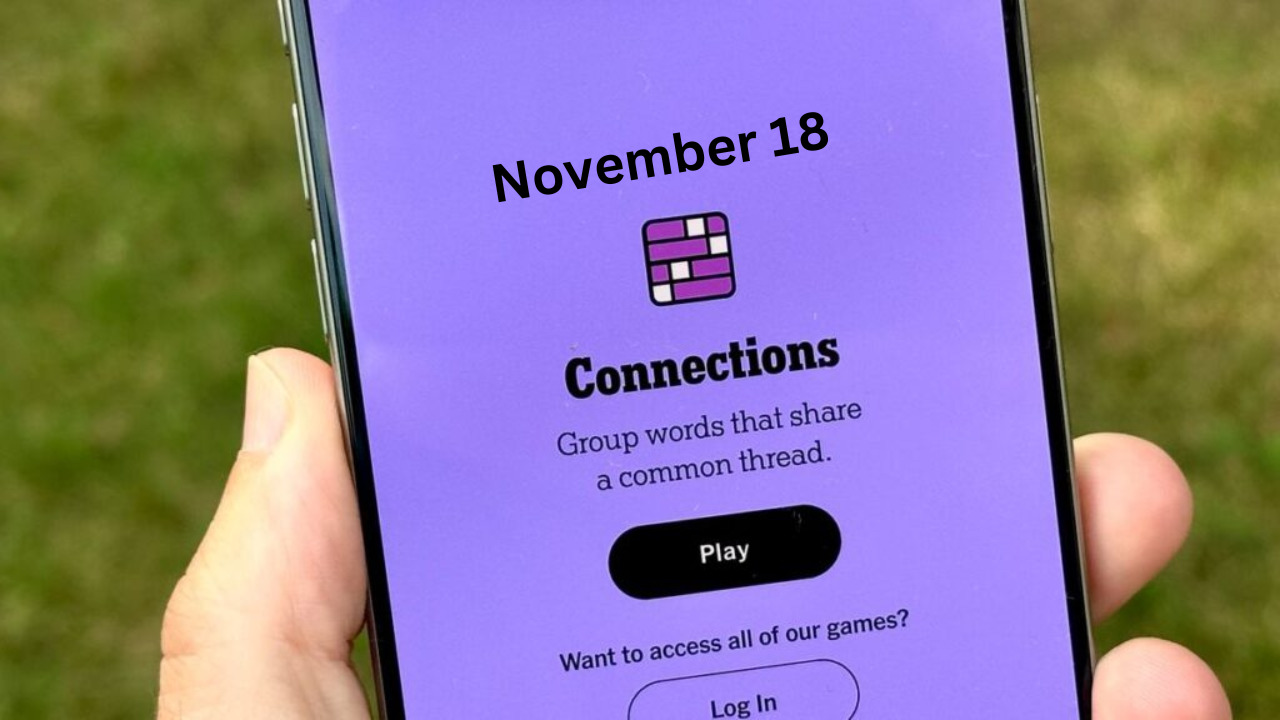By ACLU
Photos: YouTube Screenshots
PHOENIX, AZ – Today, the ACLU of Arizona released From Hope to Heartbreak, a report detailing how inhumane and ineffective policies are allowing widespread confiscation and trashing of migrants’ personal belongings by the U.S. Border Patrol. The report was co-authored with The Kino Border Initiative, ProtectAZ Health, the Sikh Coalition, the ACLU, and the ACLUs of New Mexico, San Diego & Imperial Counties, and Texas.

In 2022, immigrants’ rights groups sent multiple letters to U.S. Customs and Border Protection (CBP) outlining widespread reports that migrants’ personal belongings – including religious garb – were being confiscated and trashed by Border Patrol. From Hope to Heartbreak uncovers many more incidents of Border Patrol agents confiscating and failing to return items of religious significance, life-saving medications, cellphones, money, and essential documents.
One firsthand account includes Silvia and Rosa’s* story. In June 2022, Silvia was detained with her two children by Border Patrol agents in El Paso, Texas. Silvia’s 5-year-old daughter, Rosa*, has epilepsy for which she takes medication. When detained by Border Patrol, Rosa’s medications were taken away and she was refused any medical assistance until later in the night, after she began convulsing.
“Border Patrol’s practices inflict unnecessary hardship and distress on those in the agency’s custody, including people seeking protection from violence and persecution,” said Noah Schramm, border policy strategist at the ACLU of Arizona. “As our report highlights, these cruel confiscations have infringed on migrants’ religious practices, undermined documentation of legal claims, and in some cases, have interrupted migrants’ medical regimens in ways that have been life-threatening.”
“The seizure and destruction of turbans—an article of faith that is deeply meaningful and personal to Sikh individuals—is just one example of the egregious practices of CBP with regard to migrants’ personal property,” said Sahel Kaur, Sikh Coalition Senior Staff Attorney. “We are grateful to all of our partners for embarking on this shared effort, and we look forward to continuing to work together to fight for policy change that safeguards the basic rights of migrants.”

“Denying individuals access to their essential medications not only violates their basic human rights but also jeopardizes their health and well-being,” said Emily Snyder, a Nurse Practitioner for ProtectAZ Health who provides medical evaluations and treatments to individuals released from Border Patrol custody. “Everyday I sit with clients and listen to their stories of having to throw away their medications or having them forcibly removed from their possession. The stress and anxiety of losing their medication only further exacerbates their medical condition. Medications are vital for individuals with acute and chronic medical conditions, and confiscating them can have severe consequences, including exacerbating existing health issues or even endangering lives. It is crucial to recognize the importance of preserving the health and dignity of all individuals, regardless of their immigration status.”
“Ask anyone who’s done intake interviews at our migrant aid center and they’ll have an example of someone that the Border Patrol returned to Mexico without their most essential belongings: a father who lost the only photos and videos he had of his young child’s birthday after agents trashed his cellphone, asylum seekers stranded on the border with no identification after Border Patrol said their identity documents were ‘trash’ and cut them into pieces in front of them,” said Zoe Martens, Advocacy Coordinator at Kino Border Initiative. “These inhumane practices serve no purpose but to demoralize people seeking safety and a better life; these abuses must end.”
The report also recommends policy changes that CBP and Border Patrol can enact to address the issue. A primary goal of the recommendations is to ensure that migrants can retain as many of their personal belongings as possible from their initial encounter with Border Patrol to their release from U.S. government custody.
You can find the report here.
*Names changed for privacy and security purposes.







